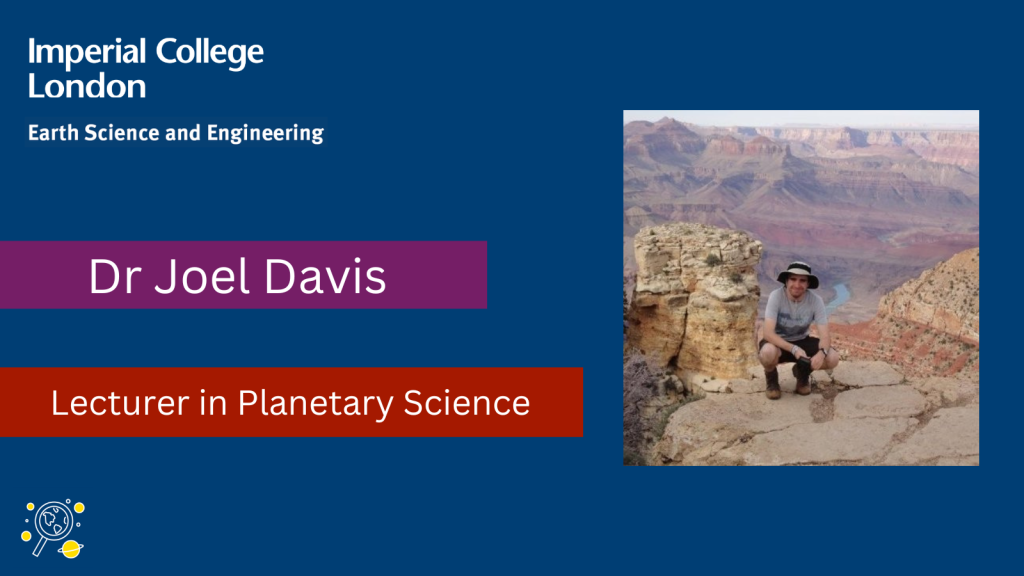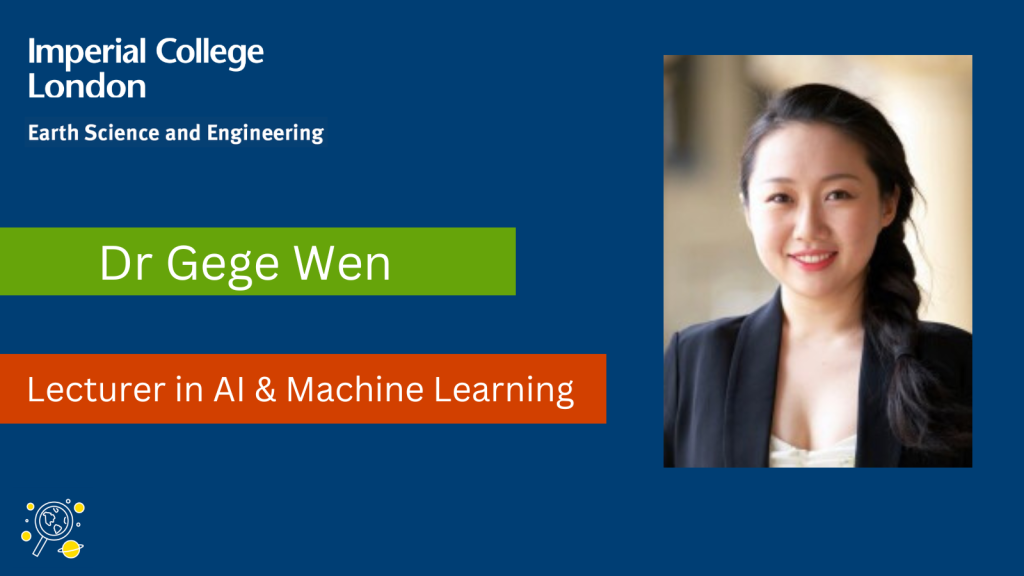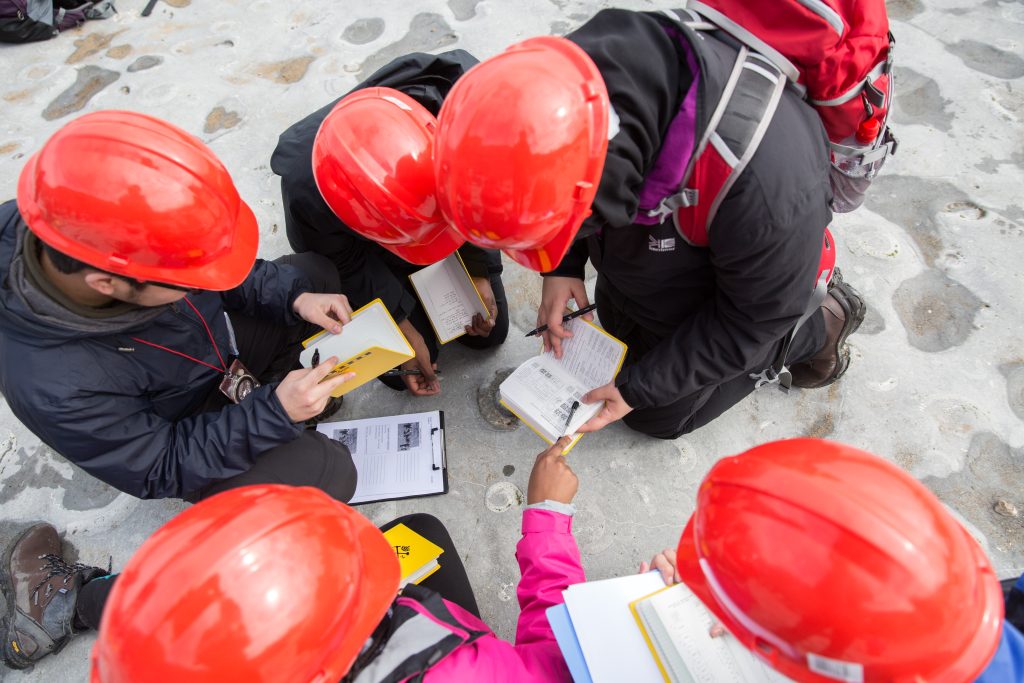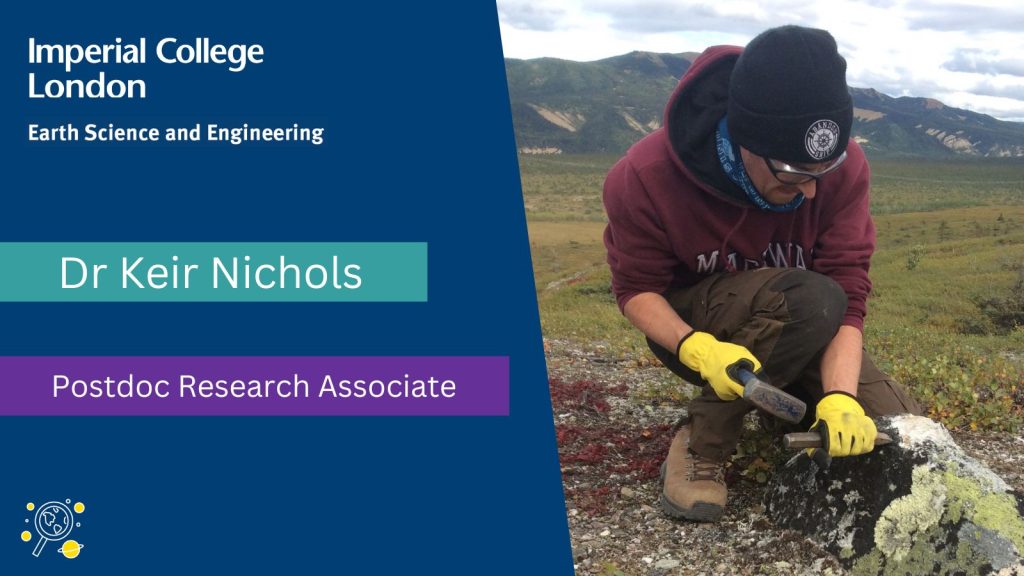Dr Joel Davis is a Lecturer in Planetary Science at the Department of Earth Science and Engineering (ESE). As a planetary geologist, Joel studies different planetary surface processes, but his major focus is the geology of Mars.
He seeks to understand ancient and modern geological environments on the red planet – to uncover when and how quickly the climate in Mars ‘dried out’, leading it to become ‘hyperarid’. His research also focuses on different arid environments on Earth, how climate change is affecting them, and how these can be used as an analogue for other planets.
Joel is involved in several ongoing and upcoming space missions for NASA and the European Space Agency (ESA), including NASA’s Curiosity rover, the HiRISE and CaSSIS instruments – two high-resolution cameras, 400 km above the surface of Mars. He is also a Co-Investigator for the PanCam instrument on the ESA’s upcoming ExoMars Rosalind Franklin rover mission.
In this blog post, Joel tells us more about himself, his research interests and why he decided to join ESE.



